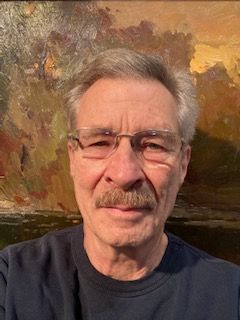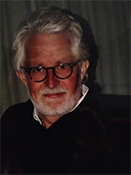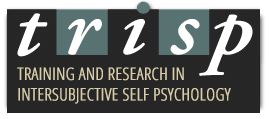In this talk, John Riker will give a comprehensive understanding of Kohut’s structural, dynamic, and functional concepts of the self and show how it is different from the ego. He will further show how this notion of the self is antithetical to the concept of self that is regnant in society today and why contemporary society’s misunderstanding of the self lies behind some of its most important social/political/ and economic problems, including homelessness, the addictions, political extremism, and violence. Peter Zimmermann will give a discussion, after which we’ll open up the floor for comments, questions and further discussion.

John Riker
For the past three decades, John Hanwell Riker, PhD, has been devoted to exploring the relation of psychoanalysis–especially Kohutian self psychology–to problems in ethics and philosophical anthropology. He has written five books intersecting psychoanalysis, self psychology, and ethics, including the book we are discussing today, Kohut’s Self Psychology for a Fractured World. John has been a professor of philosophy at Colorado College for over half a century and been named Professor of the Year a record four times, and advisor of the year a record three times. He was the initial recipient of the award Colorado College established to recognize someone who most promotes diversity and inclusion on campus. He, his spouse Marcia Dobson, and George Hagman have recently been appointed editors-in-chief of Psychoanalysis, Self, and Context.

Peter Zimmermann
Peter Zimmermann, PhD, Founding Member and Member of the Board of Directors of TRISP; Senior Faculty, Training and Supervising Analyst at TRISP since 1987. Co-editor and contributing author of Intersubjective Self Psychology, A Primer (Routledge 2019). Former President of the Training Institute of NPAP (2016-2021) and Member of the Board of Directors of NPAP since 2012; Senior Member, Training and Supervising Analyst and Faculty Member at NPAP since1984. Member, Editorial Board The Psychoanalytic Review. In private practice in New York City since 1982. In addition to working with individuals and couples he provides private supervision and runs study groups in ISP.

 Find Us on Facebook
Find Us on Facebook